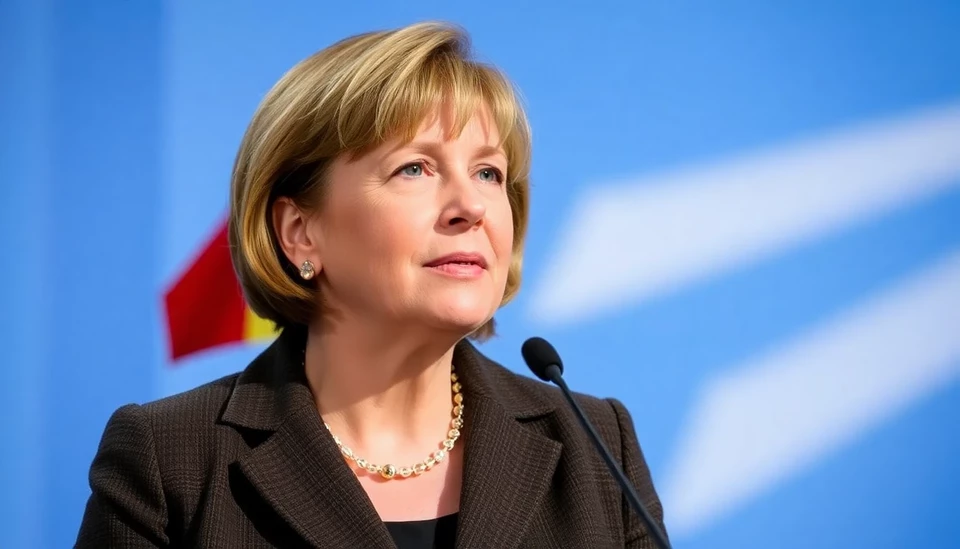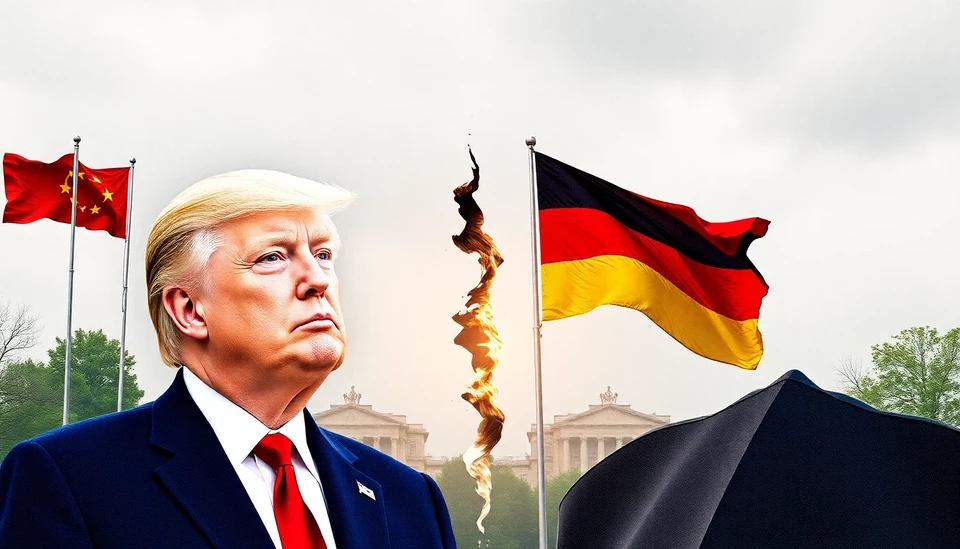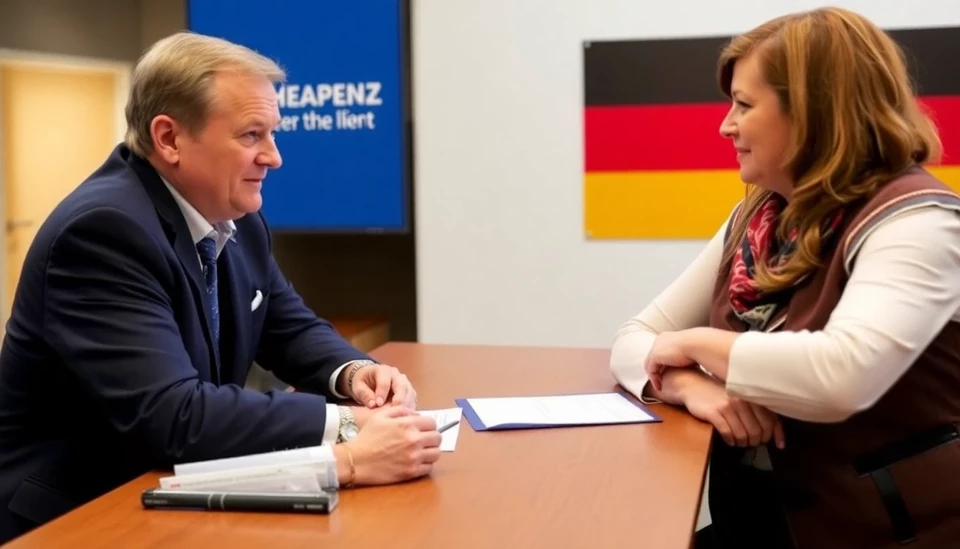
In the lead-up to Germany's pivotal elections, a leading candidate has ignited controversy with comments that have raised eyebrows among environmentalists and industry stakeholders alike. The candidate's skepticism about the feasibility of achieving "green steel," a crucial component in the fight against climate change, has led to backlash from various sectors, indicating a potential shift in public sentiment towards climate policies in the nation.
During a recent campaign rally, the politician voiced concerns over the current state of technologies that aim to decarbonize the steel industry. While presenting their vision for Germany's future, they questioned whether the ambitious green steel initiatives proposed by previous administrations could realistically materialize within a meaningful timeframe. This revelation has sparked widespread criticism from environmental groups, industry experts, and even some members of their political party.
The candidate has since attempted to clarify their stance, emphasizing that while they support the transition to sustainable practices, they believe it must be grounded in economic reality. They argue that the pace of innovation in green steel production is lagging behind the aggressive timelines set by the European Union and German policies, which aim for carbon neutrality by 2045. The insinuation that current technologies are not ready for such a rapid shift has been interpreted by many as a relinquishment of commitment to essential environmental goals.
Opposition parties have seized upon these remarks, accusing the candidate of undermining Germany’s climate goals. Environmental activists have expressed their discontent, accusing the candidate of being out of touch with the urgency of climate action, while industry leaders are concerned about the potential impact of slower adherence to green policies on their operations and investments.
Many within the steel industry had anticipated a supportive response to the push for green steel, which utilizes renewable energy sources and alternative raw materials to cut down carbon emissions in their production processes. Instead, the candidate's lack of full endorsement has left many feeling unsettled about future regulations and support for innovation within the sector.
This ongoing debate is reflective of larger tensions in Germany's political landscape as the nation grapples with balancing economic interests with environmental responsibilities. As the election date approaches, this issue is likely to be a focal point, influencing not only the candidates' positions but also voter sentiment across the board.
As the political climate continues to evolve, it remains to be seen how this backlash will affect voter support for the candidate. The call for urgent action on climate change versus the need for pragmatic economic policies represents a critical juncture not only for the candidate but for Germany as a whole as it looks toward a more sustainable future.
Expect further discussions and debates as the election draws closer, with the future of Germany’s climate policy hanging in the balance.
#GermanyElection #GreenSteel #ClimateChange #PoliticalBacklash #Sustainability
Author: Sophie Bennett

